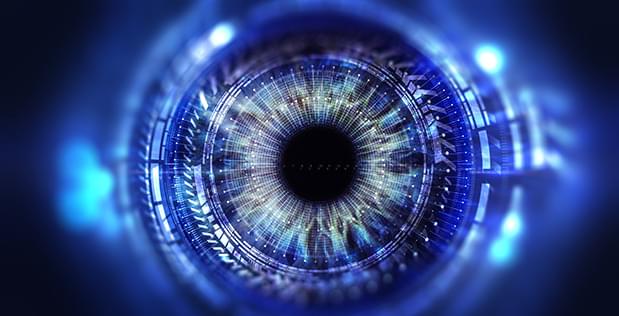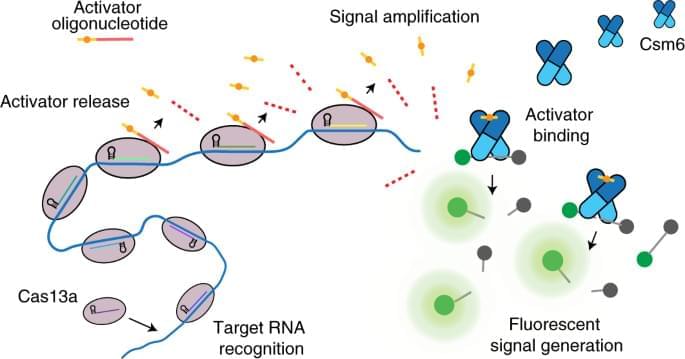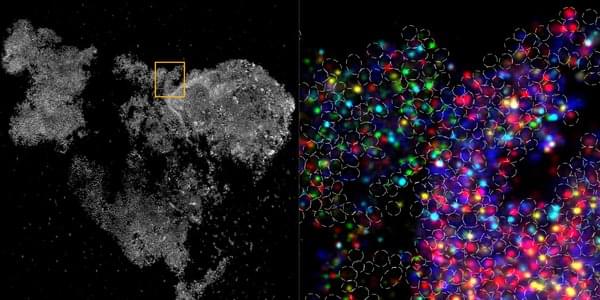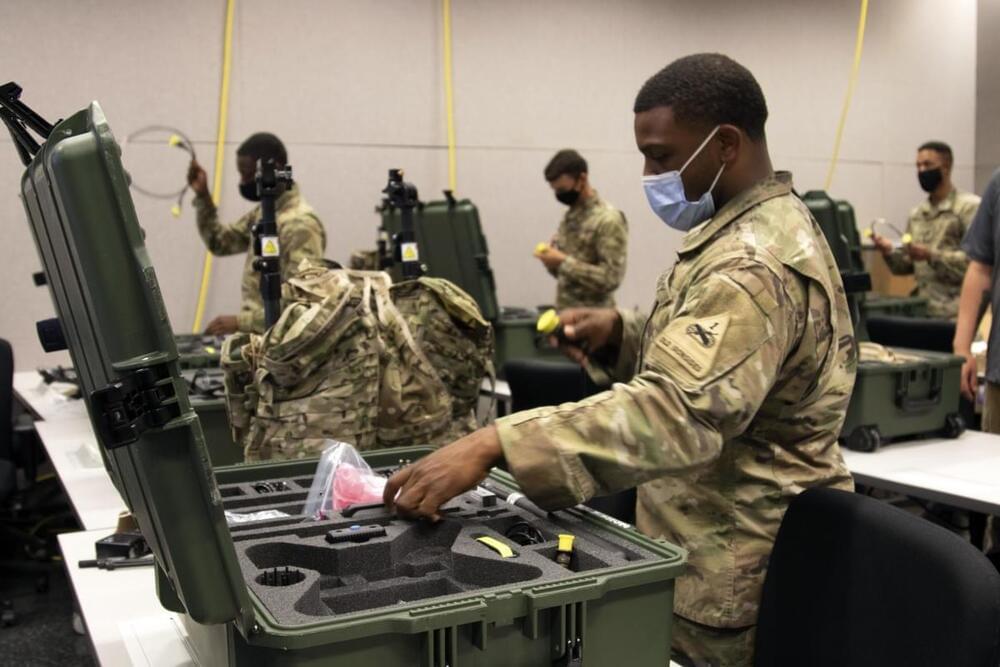FENCE program selects researchers to develop low-power, low-latency neuromorphic camera technologies to enable future military applications.
DARPA today announced that three teams of researchers led by Raytheon, BAE Systems, and Northrop Grumman have been selected to develop event-based infrared (IR) camera technologies under the Fast Event-based Neuromorphic Camera and Electronics (FENCE) program. Event-based – or neuromorphic – cameras are an emerging class of sensors with demonstrated advantages relative to traditional imagers. These advanced models operate asynchronously and only transmit information about pixels that have changed. This means they produce significantly less data and operate with much lower latency and power.
“Neuromorphic refers to silicon circuits that mimic brain operation; they offer sparse output, low latency, and high energy efficiency,” said Dr. Whitney Mason, the program manager leading the FENCE program. “Event-based cameras operate under these same principles when dealing with sparse scenes, but currently lack advanced ‘intelligence’ to perform more difficult perception and control tasks.”
Today’s state-of-the-art (SOTA) cameras work well with scenes that have few changes to track and the imagery is relatively simple. Take, for example, a scene of a plane moving through a clear blue sky. SOTA imagers could easily track the movement of the plane. Their capabilities fail, however, in highly cluttered and dynamic scenes, limiting their use among many military applications.








